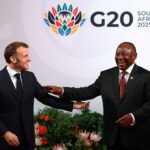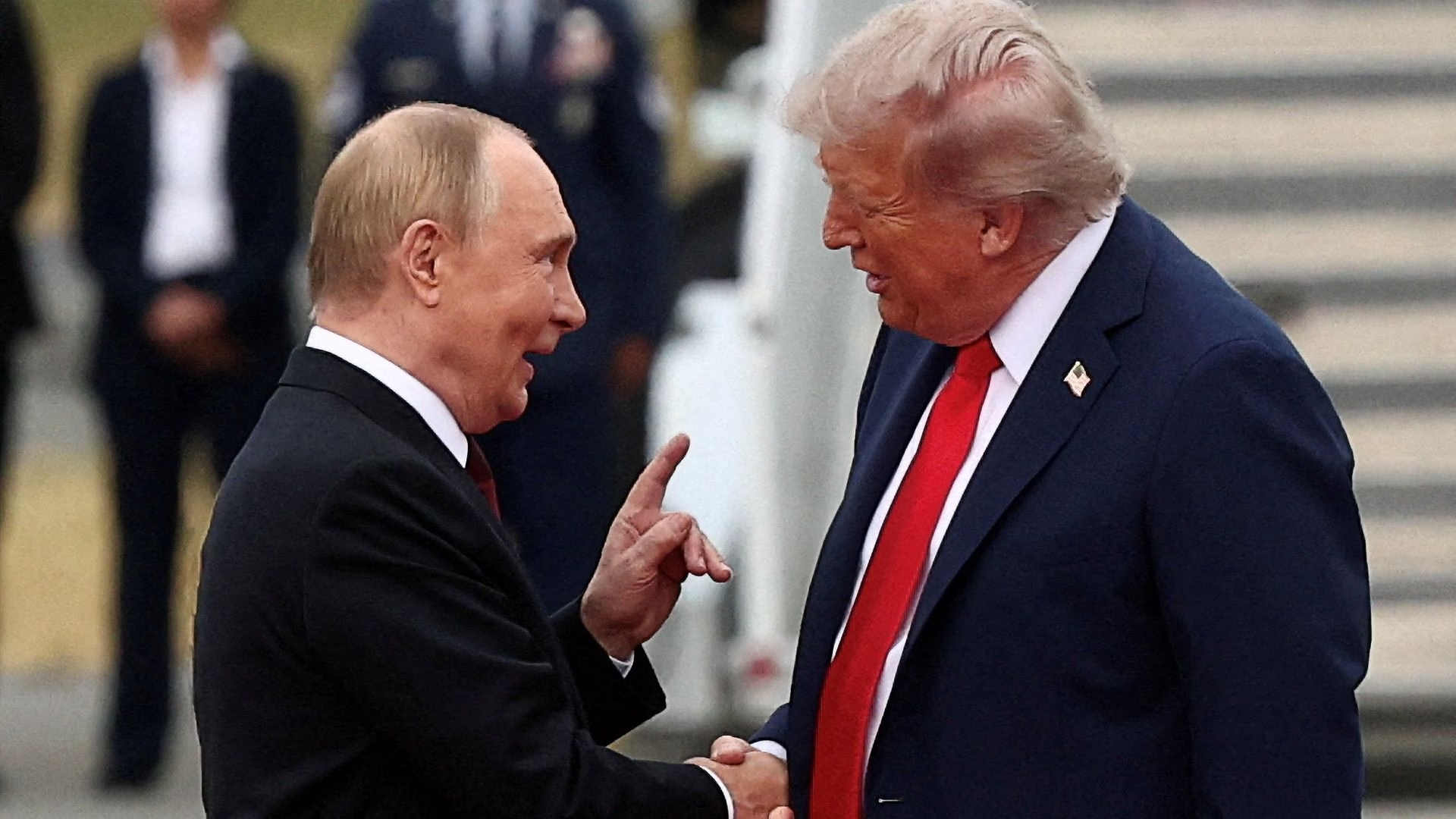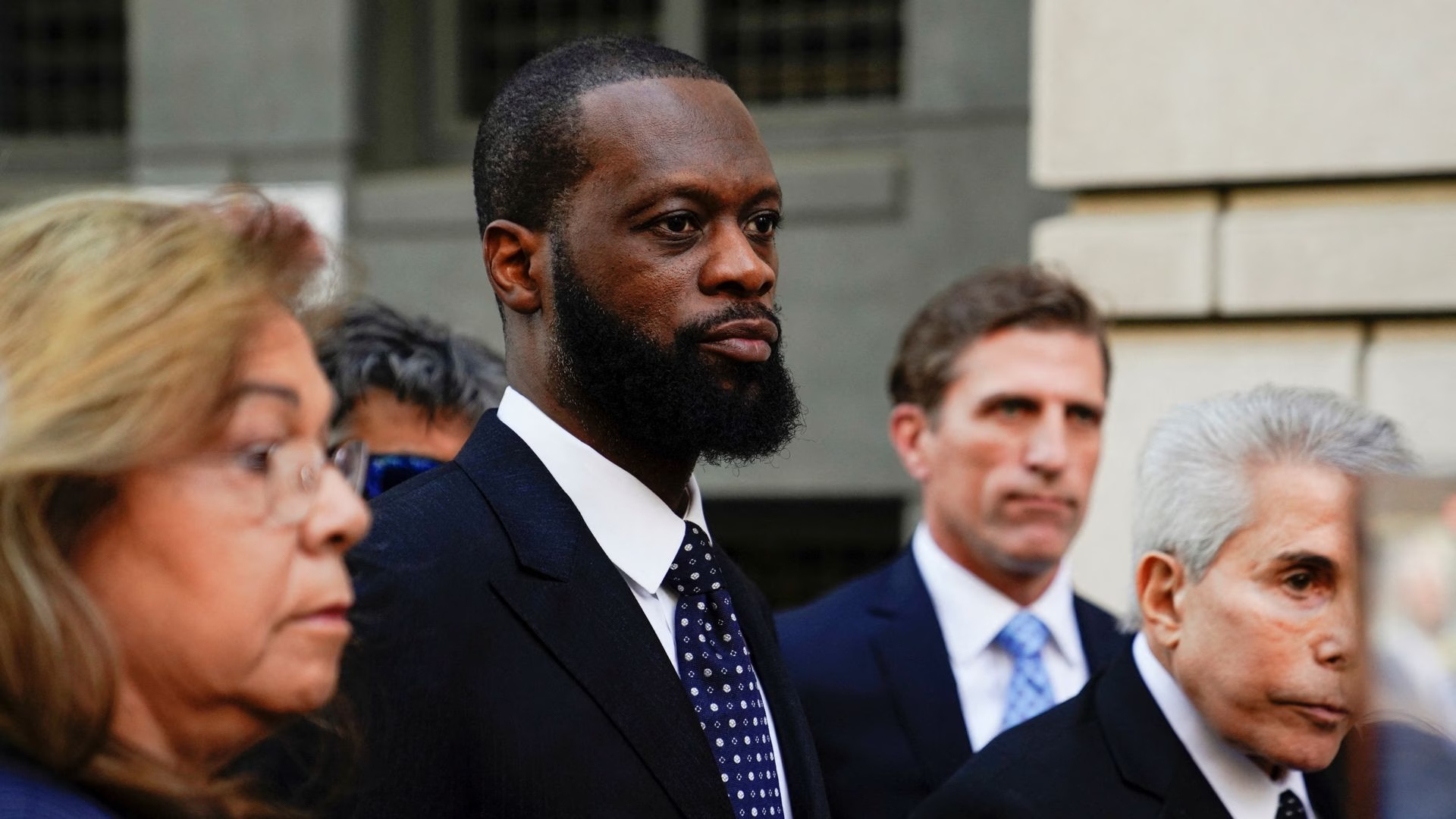
South Africa has sought to preserve the integrity and stature of the Group of 20 (G20) top economies, President Cyril Ramaphosa has said in opening remarks to the historic summit in Johannesburg, the first on the African continent.
Ramaphosa said on Saturday that South Africa is committed to ensuring that the development priorities of the Global South and Africa find expression in the group’s agenda.
- list 1 of 4G20 summit in South Africa: Who’s attending and what’s on the agenda?
- list 2 of 4How Trump’s absence marks leadership opportunity for China at G20
- list 3 of 4South Africa beefs up security on streets, bracing for G20 summit protests
- list 4 of 4Trump’s war on South Africa betrays a sinister threat
end of list
The president added there is an overwhelming consensus that one of the summit’s tasks is to adopt a declaration, emphasising the need for “multilateralism” to confront “the threats facing humanity today”.
The United States, which is boycotting the summit, has demanded that the summit not issue a declaration. Ramaphosa has flatly rejected that.
The summit started with an ambitious agenda to make progress on solving some of the longstanding problems that have afflicted the world’s poorest nations.
Leaders and top government officials from the richest and leading emerging economies came together at an exhibition centre near the famous Soweto township in South Africa, once home to iconic post-Apartheid leader Nelson Mandela, to try and find some consensus on the priorities set out by the host country.
Many of South Africa’s priorities for the group, including a focus on climate change and its impact on developing countries, have met resistance from the US.
South Africa, which gets to set the agenda as the country holding the rotating presidency, wants leaders to agree to more help for poor countries to recover from climate-related disasters, reduce their foreign debt burdens, transition to green energy sources and harness their own critical mineral wealth – all in an attempt to counter widening global inequality.
Advertisement
“We’ll see,” United Nations Secretary-General Antonio Guterres said on whether the G20 could prioritise developing world countries and make meaningful reforms.
“But I think South Africa has done its part in putting those things clearly upon the table.”
Guterres cautioned that rich nations have often failed to make the concessions required to strike effective climate or global financial reform agreements.
The two-day summit is taking place without the world’s biggest economy after President Donald Trump ordered a boycott of the summit over his baseless claims that South Africa is pursuing racist anti-white policies and persecuting its Afrikaner white minority.
The Trump administration has also made clear its opposition to South Africa’s G20 agenda from the start of the year, when it began hosting G20 meetings.
US Secretary of State Marco Rubio skipped a G20 foreign ministers ‘ meeting in February, slamming the agenda as being all about diversity, equity and inclusion, and climate change.
Rubio dismissively said he would not waste American taxpayers’ money on that.

The months-long diplomatic rift between the US and South Africa deepened in the build-up to the main summit this weekend, but while Trump’s boycott dominated the pre-talks discussions in Johannesburg and threatened to undercut the agenda, some leaders were eager to move on.
“I do regret it,” French President Emmanuel Macron said of Trump’s absence,
“But it should not block us. Our duty is to be present, engage and work all together because we have so many challenges.”
The G20 is actually a group of 21 members that includes 19 nations, the European Union, and the African Union.
The bloc was formed in 1999 as a bridge between rich and poor nations to confront global financial crises. While it often operates in the shadow of the Group of Seven richest democracies, G20 members together represent about 85 percent of the world’s economy, 75 percent of international trade and more than half the global population.
But it works on consensus rather than any binding resolutions, and that is often hard to come by with the different interests of members like the US, Russia, China, India, Japan, the Western European nations France, Germany and the United Kingdom, and others like Indonesia, Saudi Arabia and South Africa.
British Caribbean News


